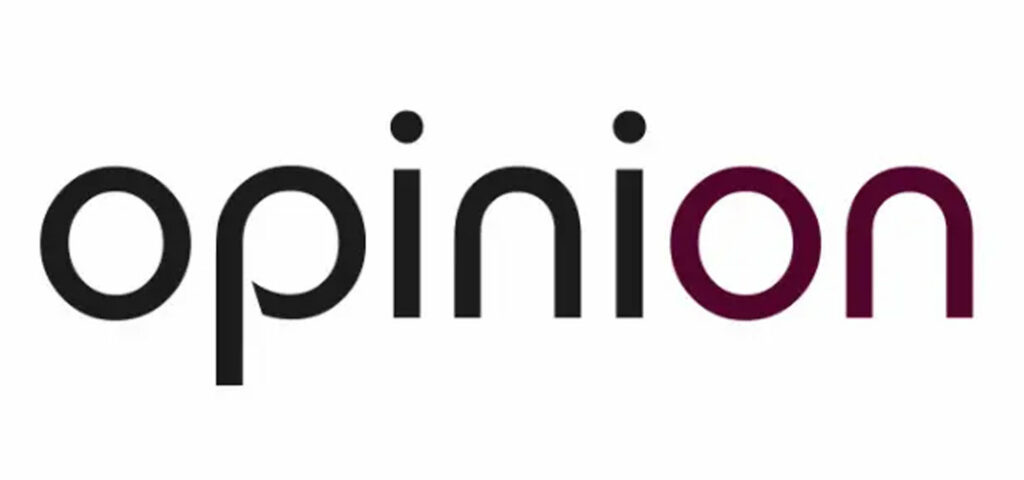

By Sunday Onyemaechi Eze
WHILE addressing participants of Course 15 of the National Defence College, Abuja, in 2007, Thomas Aguiyi Ironsi, the then Minister of State, Foreign Affairs like many others before and after him asserted that only fools take nations dependence on external sources for their defence needs seriously.
Stating the obvious, he said: “In order to increase its capacity to act independently, within the sphere of influence and beyond, Nigeria has to drastically reduce its reliance on external sources for her defence needs.
If the experience we got during the Nigerian civil war is anything to go by, such dependence is both dangerous and misplaced. We must realise that in international relations, there are no permanent friends but interests.”
Several years later, there are positive indications that Nigeria inches closer to reducing her over dependence and reliance on external assistance in meeting her defence needs. In fact, the world was taken by storm in 2019 when President Muhammadu Buhari unveiled the Ezugwu Mine Resistant Ambush Protected, MRAP.
Ezugwu is the first indigenous mine resistant ambush protected vehicle locally designed and built by Command Engineering Depot in conjunction with the Defence Industries Corporation of Nigeria, DICON.
The effort was geared towards promoting local content initiative in weapon systems production. The novel idea was mid-wifed by the then Director-General of DICON, Major General Victor Ezugwu, now Commander of the Nigerian Army Infantry Corps with the full support of the then Chief of Army Staff, Lt. General Yusuf Buratai (retd) and the Federal Government.
MRAP is the pride of the nation and our valuable defence asset. It is one of the best military innovations ever conceived in Africa. The hardware exemplifies the strength and valour of the military and that of the nation at large.
At the launch of the vehicle, President Buhari reiterated the commitment of his administration to securing lives and property. In a press statement by his Senior Special Assistant on Media and Publicity, Mr. Garba Shehu, Buhari said: “This is a commitment we have made and will continue to keep.”
The President reassured Nigerians of their safety under his administration, promising that he remains committed to fighting insecurity, especially insurgency. He commended DICON and the several bodies that collaborated to produce the equipment. Buhari also praised the former Chief of Army Staff, Lt. Gen. Tukur Buratai, for the way he transformed the army.
Three years after the birth of Ezugwu, there seems to be a complete lull in new military inventions. Although the vehicle is doing well and at the fore front of the fight against insurgency and other sundry security threats, especially in the North East, there is need for additional innovations.
Ezugwu is a legend and its ability to neutralise the enemy is legendary. Giving a hint on the uniqueness, strength and features of the vehicle, Capt. Abdulrasheed Ahmed, Coordinator Nigerian Army Operations Media, said: “The 4×4 Armoured Vehicle is designed to carry out transportation in smooth and rough terrain.
It has capability to assault with high volume of fire. The primary armament includes a 12.7 mm Anti-Aircraft Gun and a 7.62 mm Light Machine Gun. It is good for counter-terrorism, maintenance of stability and also a perfect vehicle for urban warfare.
“The vehicle is characterised by good protection performance, strong cross-country capability, high reliability, easy maintenance, and can operate in severe cold as well as sweltering desert areas. It carries a crew of 12: commander, driver, two gunners and eight soldiers.”
The Nigerian Army also confidently assured that “the vehicle is capable of resisting bullets ranging from 7.62mm to 12.7mm at short distances. In addition, it can resist improvised explosive devices and mines with explosive power up to 12kgs of TNT.
The 4×4 vehicle is powered by a Chinese 615WD Diesel engine fitted with what was described as “an independent suspension system”. The mines resistance vehicle is also ideal for guerrilla and asymmetric warfare which has been ongoing for over a decade in the North East.
Since its induction, the monster has not failed to deliver blows to enemies of the state. There is room for improvement in every new innovation. Therefore, the vehicle as a work in progress needs to be continuously upgraded to meet the challenges of the time.
With the determination of the military to finish up the remaining Boko Haram insurgents in line with the desire of government and the avowed commitment of the current chief of army staff, Lt. General Farouk Yahaya, to send bandits and criminal to God for their crimes, Ezugwu is a force to reckon with and an ally to rely on.
There is no gainsaying the fact that the Nigerian Army and indeed the entire military have both human and material resources to drive military and other industrial revolution in Nigeria and even sustain it, especially with the MRAP as a reference point.
In essence, modern military hard wares which we regularly order from abroad could be produced locally while other national civil industrial components could spring up at the same time.
Ezugwu is a brilliant idea and a product of joint creative imaginations of Nigerians. Apart from the usual internet fraud the nation’s youths are unfortunately known for, Nigerians abound with high-flying ideas capable of making the nation proud in weapons production.
What is missing is the willingness and readiness on the part of leaders to identify genuine talents, provide the needed support and conducive environment for them to thrive. In fact, engaging brilliant and high-flying ideas in production of military equipment creates employment and empowers budding talents. It is a potent force to fighting crime and criminalities.
The option of joining the military through special short service could be extended to identified talents with requisite qualifications to retain total loyalty. Hidden talents with the dexterity to build drones, automated weapon management system, IED detectors and many more roam the streets of Nigeria with their innovations buried in their chests.
They may even wait endlessly without these brilliant ideas seeing the light of the day. Many Nigerian youth with lofty ideas and talents rejected here are doing well for other countries. This piece is, therefore, a wakeup call to the leadership of the Nigerian Army, the military in general and government at all levels to double effort on the local content initiative by putting a robust mechanism in place to identify these individuals.
The Defence Industries Corporation of Nigeria, DICON, should be continuously supported and encouraged with requisite funding and logistics to do more. Without doubt, the MRAP is good reason to look inward in developing resources and human capital for sustained local production of military hardwares and other civil products.
The industrial growth and development of nations such as India and Pakistan were triggered by military innovations. Ezugwu as a shining example is already a reason for definitive action for Nigeria to fully embrace local content policy hook-line and sinker. The Nigerian Army should be commended for patronising DICON by ordering over 50 of the vehicles.
Nigeria sits comfortably as a hub for reference and knowledge-sharing in production of military lethal equipment in Africa. This will not only improve the influence of Nigeria as a regional power; define her bilateral engagements and interests with other nations but increases foreign exchange as well.
Eze, a media and communication specialist wrote via sunnyeze02@yahoo.com
The post Relying on foreign sources for defence needs counter-productive appeared first on Vanguard News.
0 Commentaires